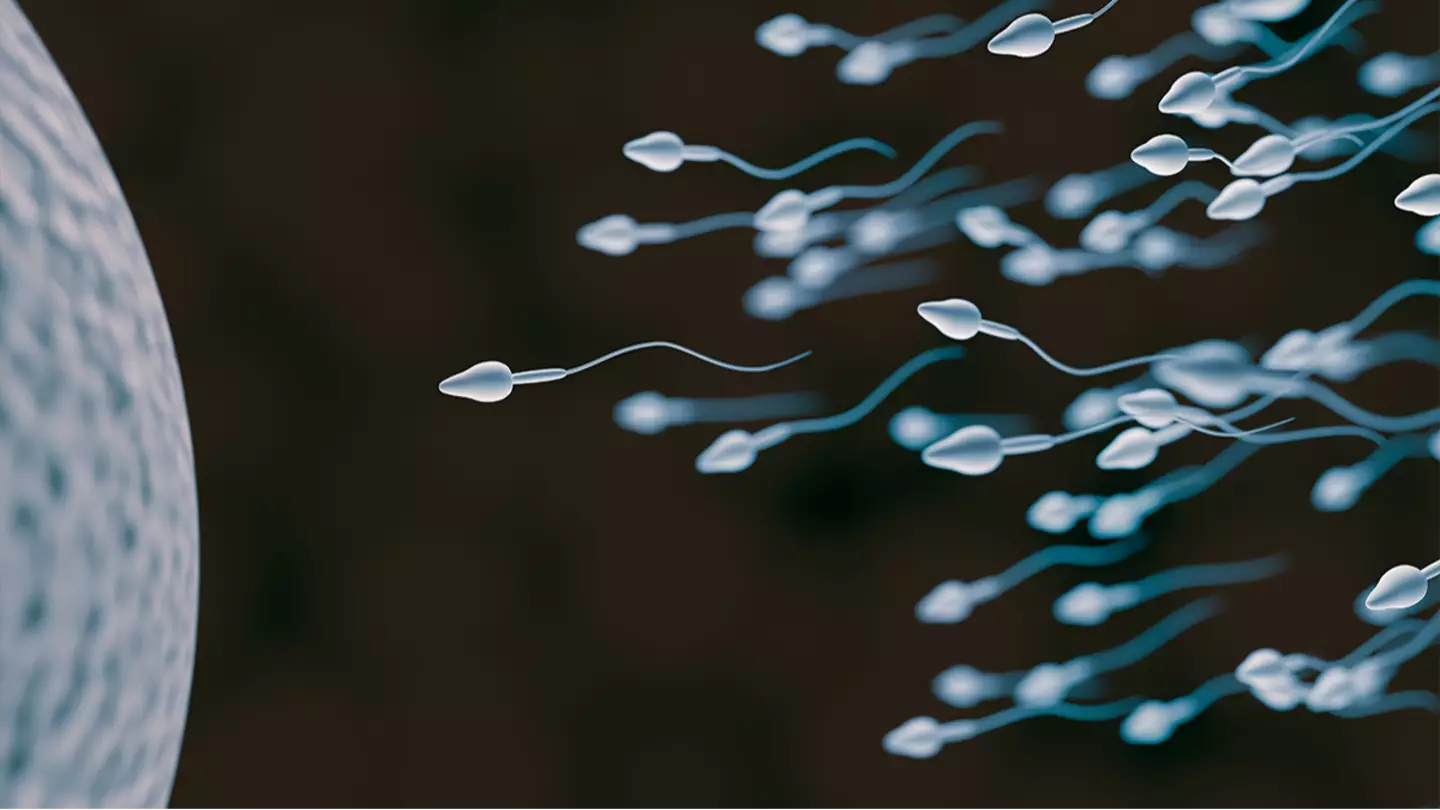There’s a well-known saying that ‘men age like fine wine’, but recent scientific findings might challenge that notion.
As we grow older, we encounter several unwelcome changes: stiff joints, unexpected backaches, and an inclination to discuss financial matters. However, another aspect of aging, particularly for men, might warrant more attention.
Researchers from the Wellcome Sanger Institute in the UK, alongside the TwinsUK study at King’s College London, have delved into the effects of aging on men’s sperm.
Employing advanced genetic analysis, they studied sperm samples from men aged 24 to 75 to understand how DNA changes as men age.

This research goes beyond the typical narrative of diminished fertility with age. The scientists looked beyond sperm count and motility.
They focused on the genetic structure itself, uncovering findings that could significantly influence our understanding of male fertility and offspring health.
After sequencing over a thousand sperm samples, the research indicated that sperm doesn’t merely weaken with age; it undergoes genetic transformations.
Older men, they found, are more likely to produce sperm with potentially harmful mutations.
Their study, featured in Nature, shows these mutations are not random. Some genetic changes seem to prosper in the testes, giving certain sperm cells an advantage.
Over time, these altered sperm can dominate, a phenomenon some call ‘selfish sperm’, according to a report by the Daily Mail.

The study observed that mutation rates steadily rise with age, increasing by about 1.67 mutations per genome annually.
By age 70, as much as 4.5 percent of a man’s sperm may carry mutations that could cause disease.
The researchers pinpointed 40 genes involved in this process, many associated with developmental disorders such as autism and cancer.
Dr. Matthew Neville, a study author from the Wellcome Sanger Institute, commented: “We expected to find some evidence of selection shaping mutations in sperm. What surprised us was just how much it drives up the number of sperm carrying mutations linked to serious diseases.”
Professor Matt Hurles, Director of the Wellcome Sanger Institute and a co-author, stated: “Our findings reveal a hidden genetic risk that increases with paternal age. Some changes in DNA not only survive but thrive within the testes, meaning that fathers who conceive later in life may unknowingly have a higher risk of passing on a harmful mutation to their children.”
While most mutated sperm do not result in conception, the study suggests that children of older fathers might have a higher likelihood of experiencing certain genetic disorders.

